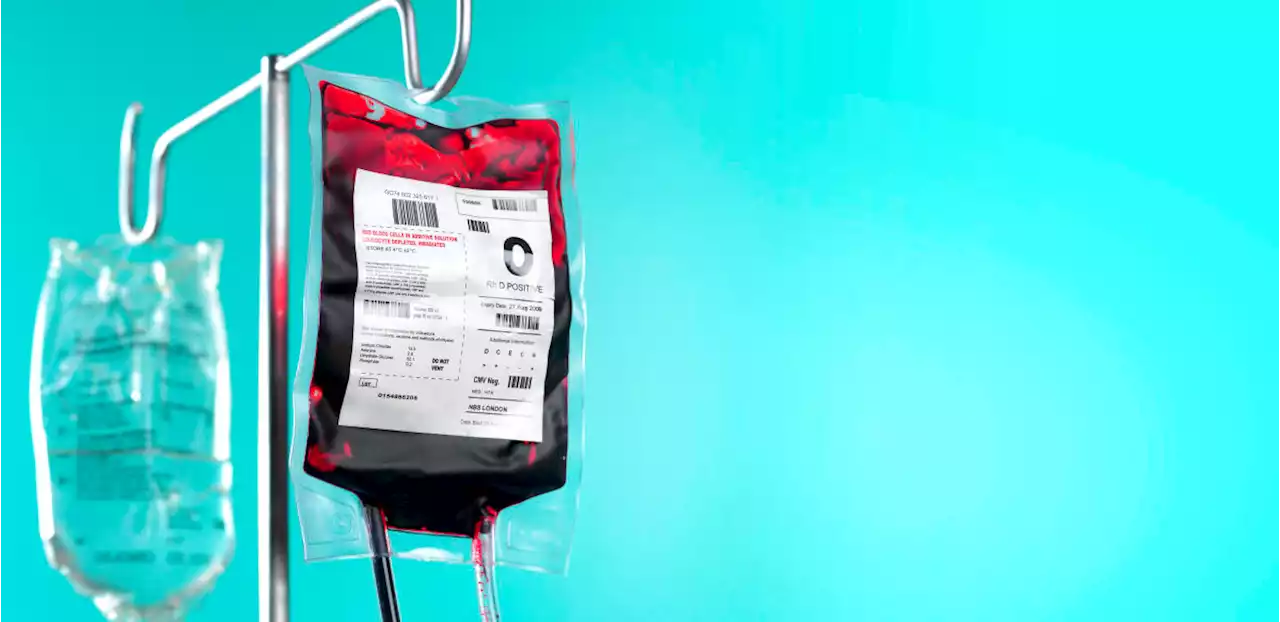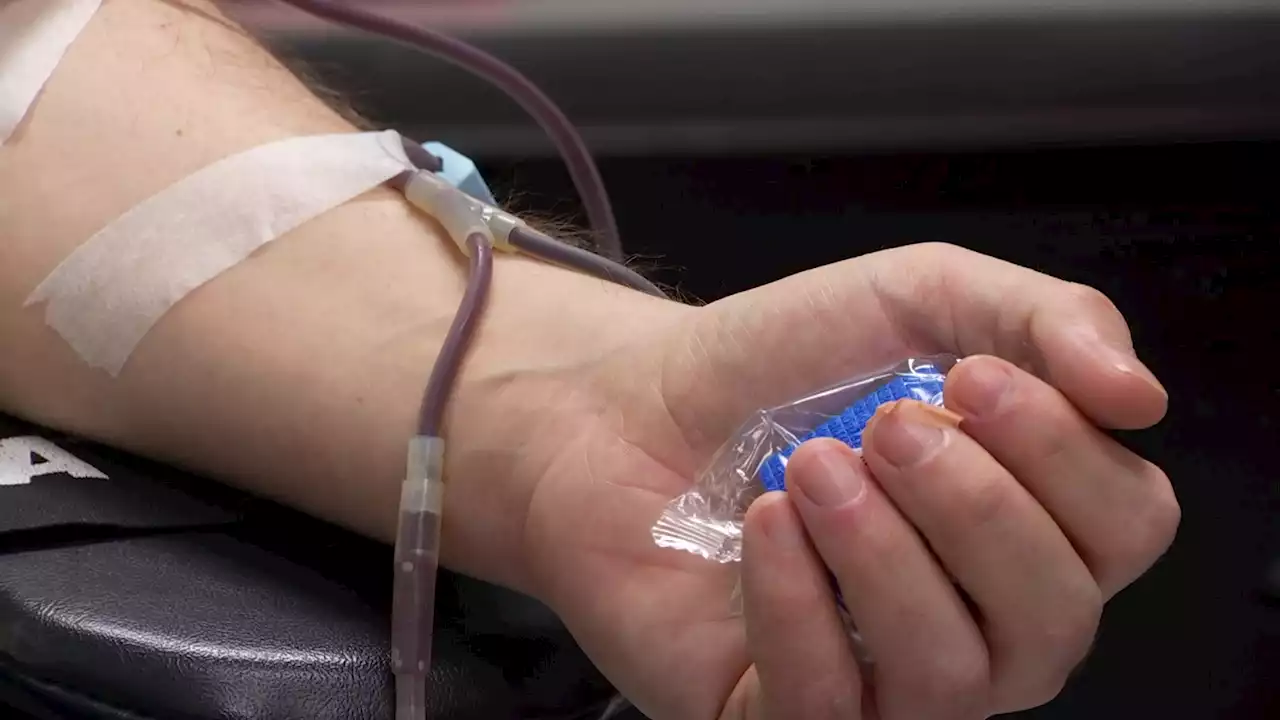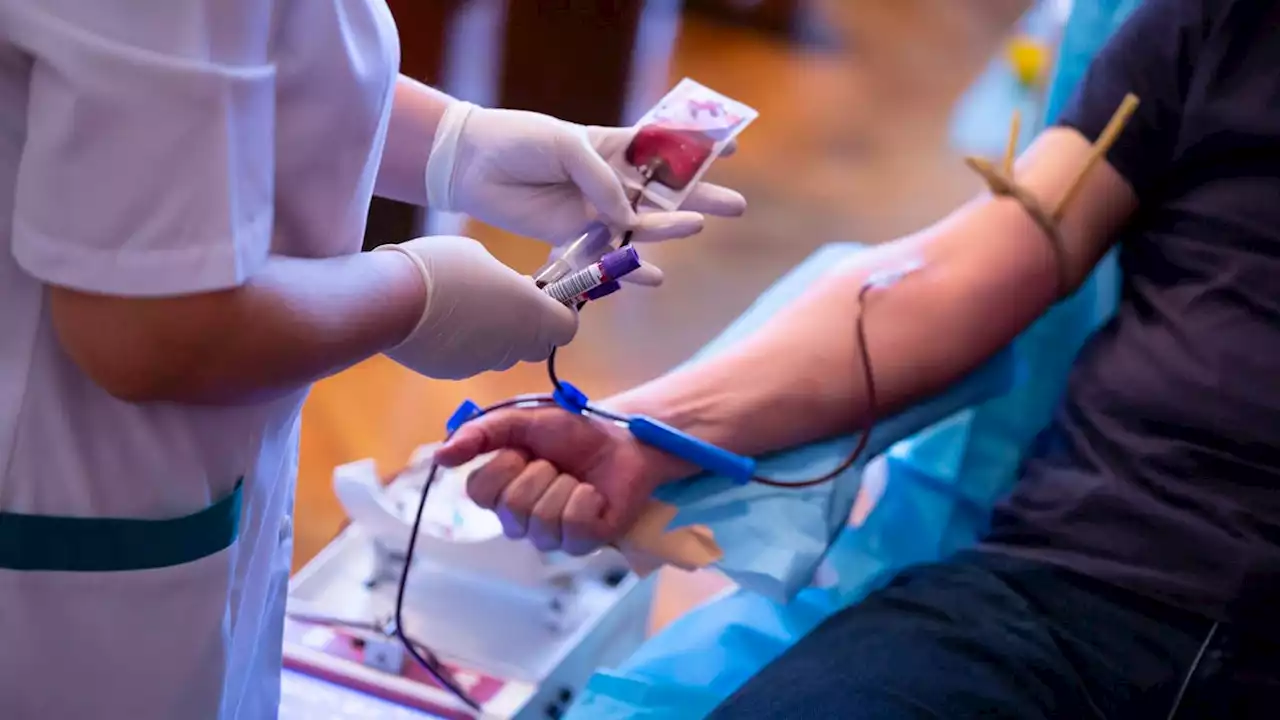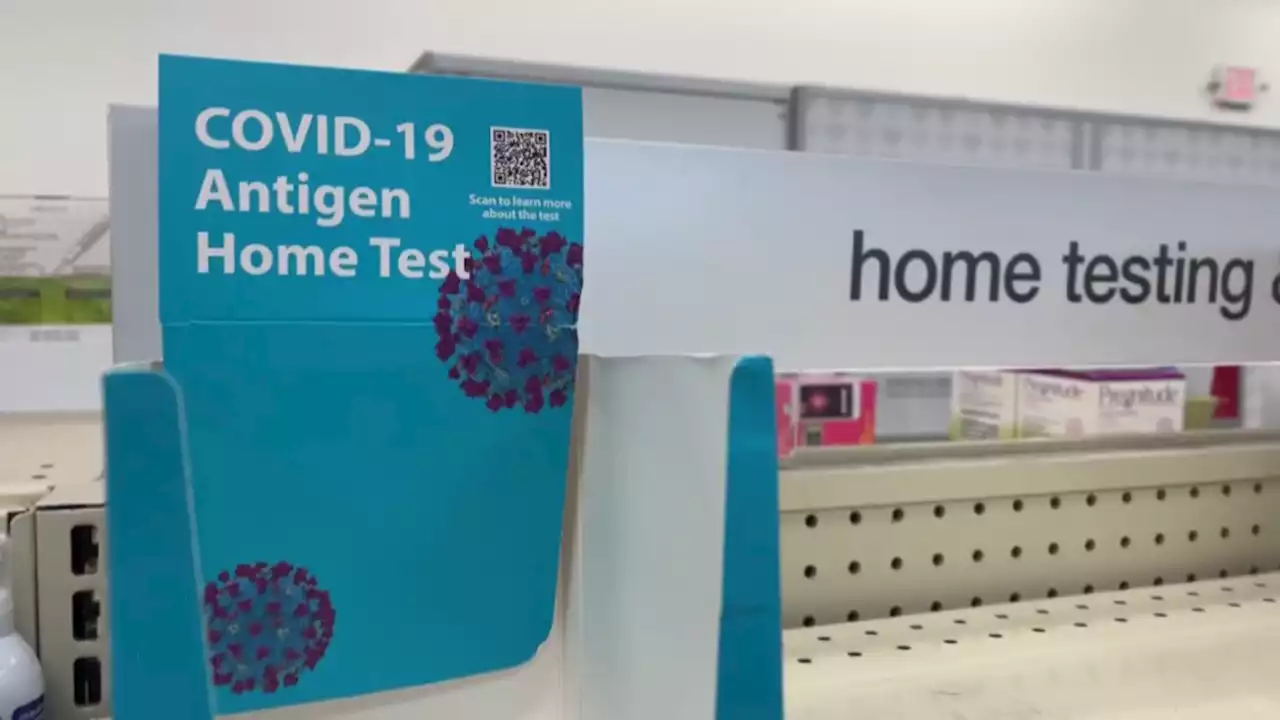A year after the omicron variant of COVID-19 began to upend the world and start a new stage of the pandemic, several new subvariants have originated from the variant, with reaction to treatment changing along with the subvariants.
With the recent rise of the BQ.1 and BQ.1.1. subvariants, one previously administered monoclonal antibody is no longer authorized for emergency use due to the medication's inability to neutralize the subvariants.
Bebtelovimab, previously distributed by Eli Lilly, is no longer authorized for use in any U.S. region as the BQ.1 and BQ.1.1. subvariants now combine to make up over 57 percent of cases nationwide.Get Chicago local news, weather forecasts, sports and entertainment stories to your inbox.
While bebtelovimab is ineffective at neutralizing the subvariants that are currently prevalent, other treatments remain effective with BQ.1 and BQ.1.1. according to the FDA, including the following:Public health officials continue to advise those eligible to be updated on COVID-19 vaccinations, including a bivalent booster shot.
Brasil Últimas Notícias, Brasil Manchetes
Similar News:Você também pode ler notícias semelhantes a esta que coletamos de outras fontes de notícias.
 Illinois Coronavirus Updates: FDA Pulls COVID Antibody Treatment, Long COVIDHere’s what you need to know about the coronavirus pandemic across Illinois today.
Illinois Coronavirus Updates: FDA Pulls COVID Antibody Treatment, Long COVIDHere’s what you need to know about the coronavirus pandemic across Illinois today.
Consulte Mais informação »
 Safety and antiviral activity of triple combination broadly neutralizing monoclonal antibody therapy against HIV-1: a phase 1 clinical trial - Nature MedicineA combination of three monoclonal antibodies transiently reduced viremia in people living with HIV-1 and not on antiretroviral therapy, but it did not prevent viral rebound. Further studies are needed to determine if this approach can be optimized.
Safety and antiviral activity of triple combination broadly neutralizing monoclonal antibody therapy against HIV-1: a phase 1 clinical trial - Nature MedicineA combination of three monoclonal antibodies transiently reduced viremia in people living with HIV-1 and not on antiretroviral therapy, but it did not prevent viral rebound. Further studies are needed to determine if this approach can be optimized.
Consulte Mais informação »
As some hail new antibody treatment for Alzheimer’s, safety and benefit questions persistNew data are sharpening the risk-benefit analysis for lecanemab, an experimental treatment for Alzheimers disease.
Consulte Mais informação »
 FDA likely to end blanket ban on sexually active gay men donating bloodUnder current federal rules, men cannot donate blood if they have had sex with another man in the last three months.
FDA likely to end blanket ban on sexually active gay men donating bloodUnder current federal rules, men cannot donate blood if they have had sex with another man in the last three months.
Consulte Mais informação »
 FDA Considers Easing 'Outdated' Blood Donation Restrictions on Gay, Bisexual MenThe FDA's current restrictions on blood donations for gay and bisexual men, which LGBTQ advocates call 'outdated' and 'blatant discrimination', may soon change to a policy based on individual risk.
FDA Considers Easing 'Outdated' Blood Donation Restrictions on Gay, Bisexual MenThe FDA's current restrictions on blood donations for gay and bisexual men, which LGBTQ advocates call 'outdated' and 'blatant discrimination', may soon change to a policy based on individual risk.
Consulte Mais informação »
 FDA Will Finally Let More Gay and Bisexual Men Donate Blood, Report SaysThe new guidelines are expected to allow monogamous gay and bisexual men to donate with no issues, according to the Wall Street Journal.
FDA Will Finally Let More Gay and Bisexual Men Donate Blood, Report SaysThe new guidelines are expected to allow monogamous gay and bisexual men to donate with no issues, according to the Wall Street Journal.
Consulte Mais informação »
